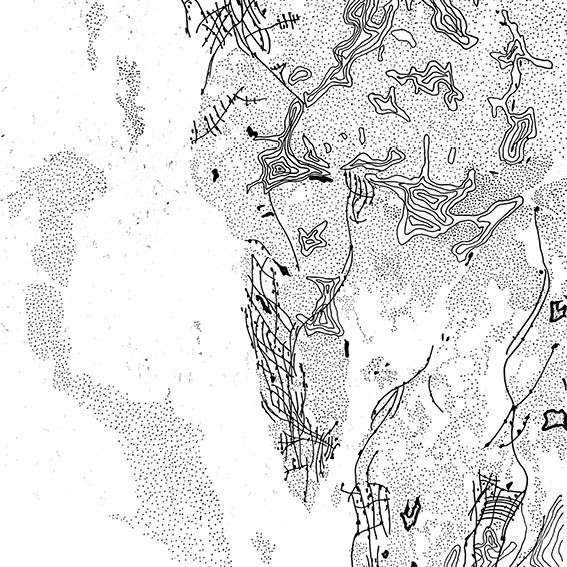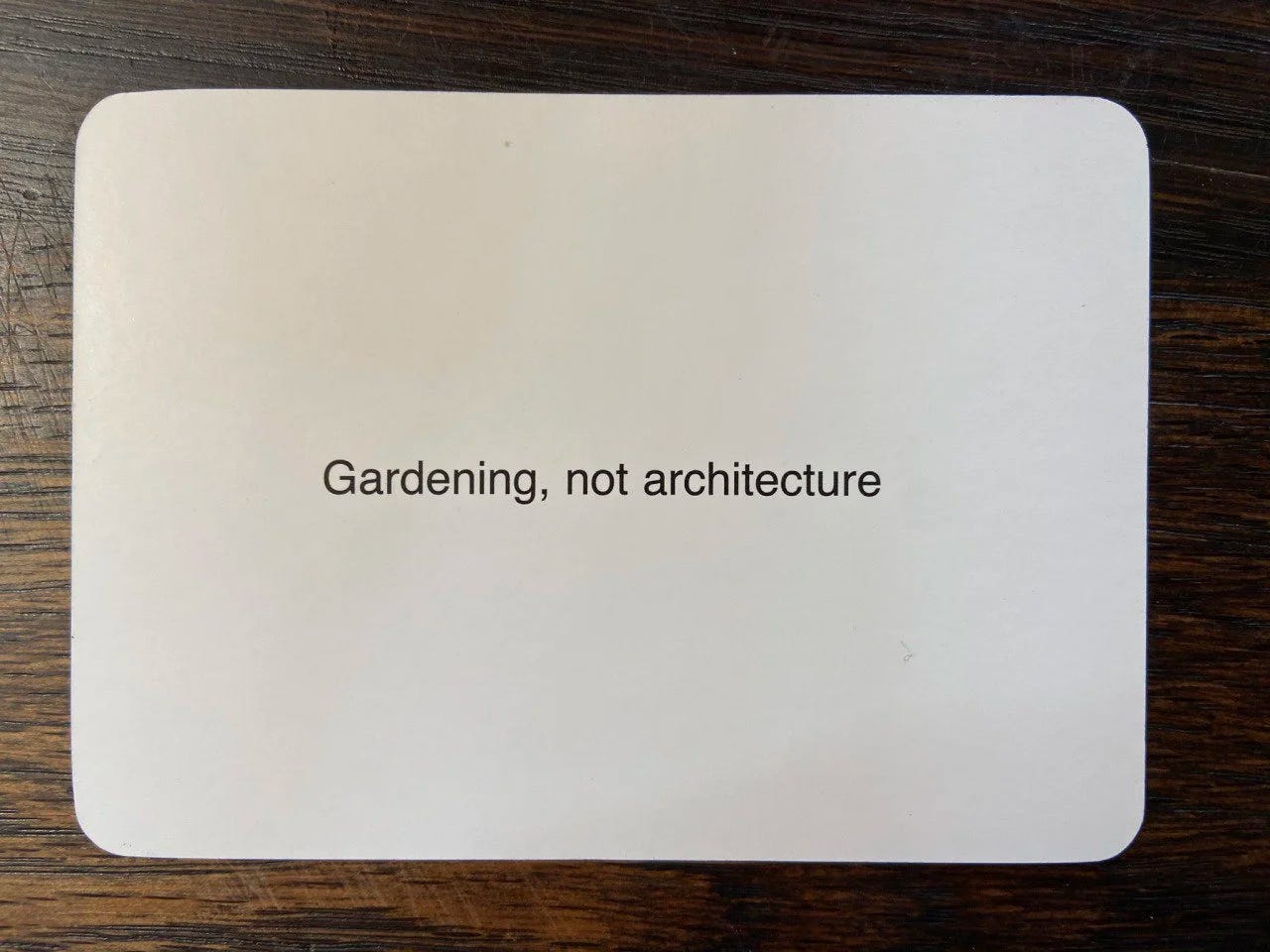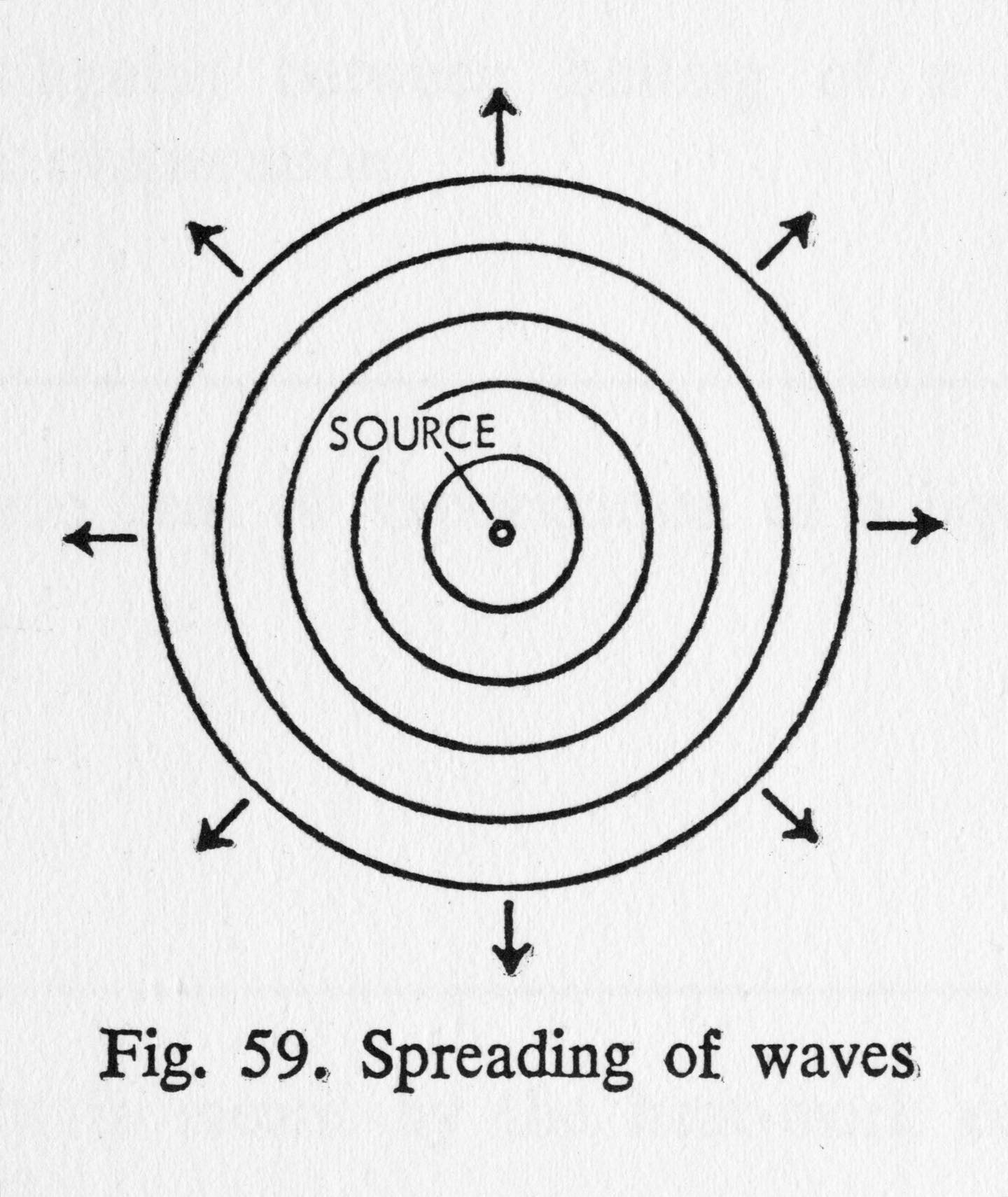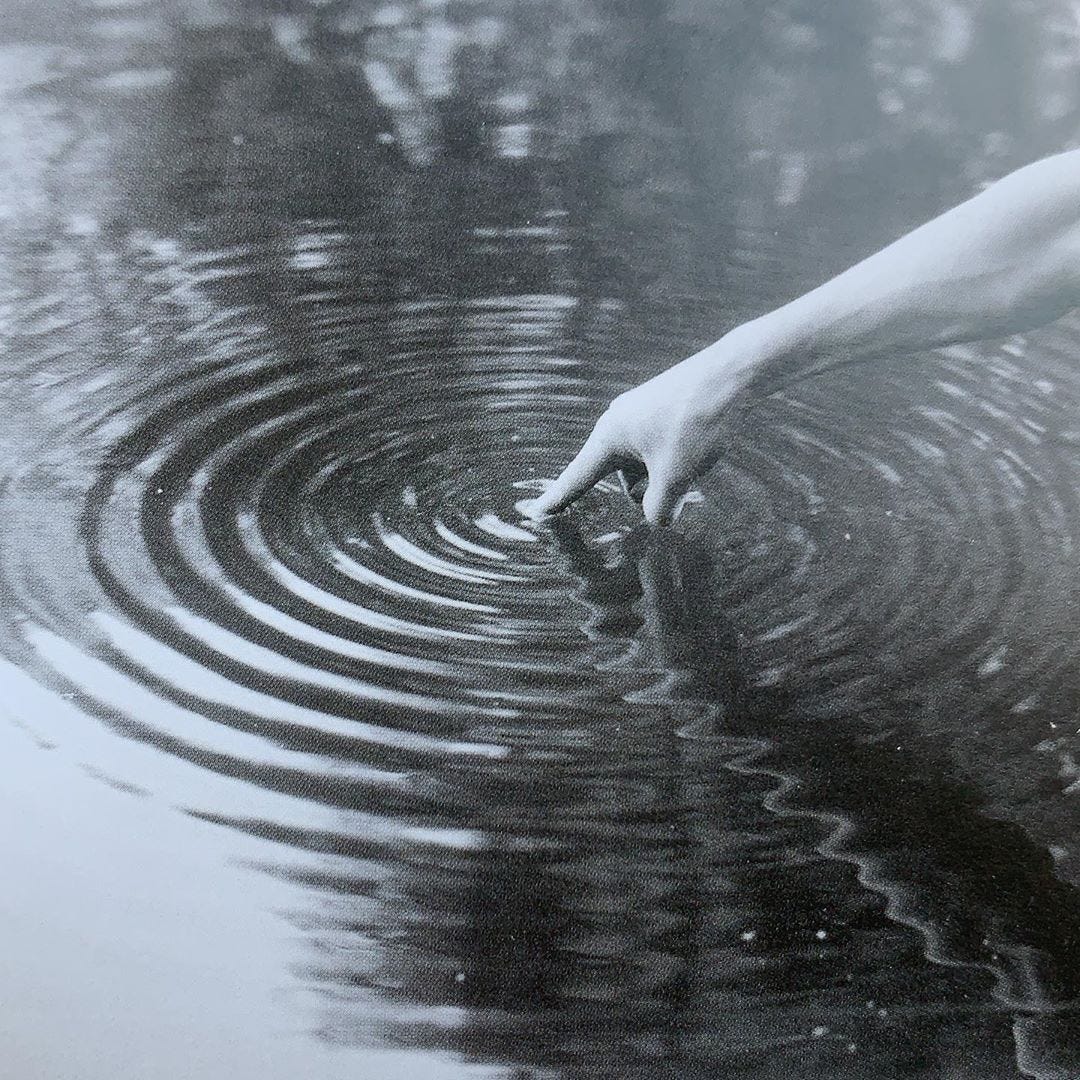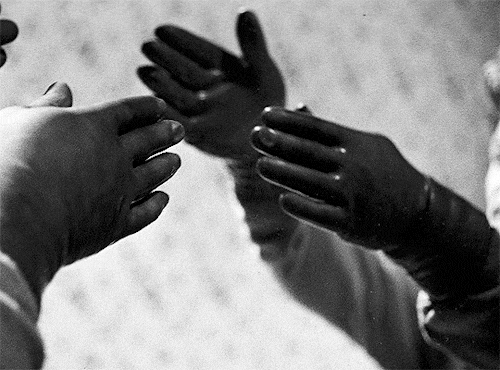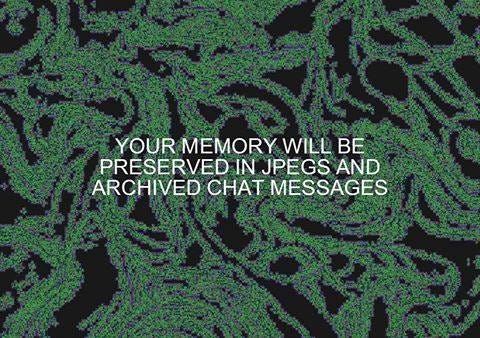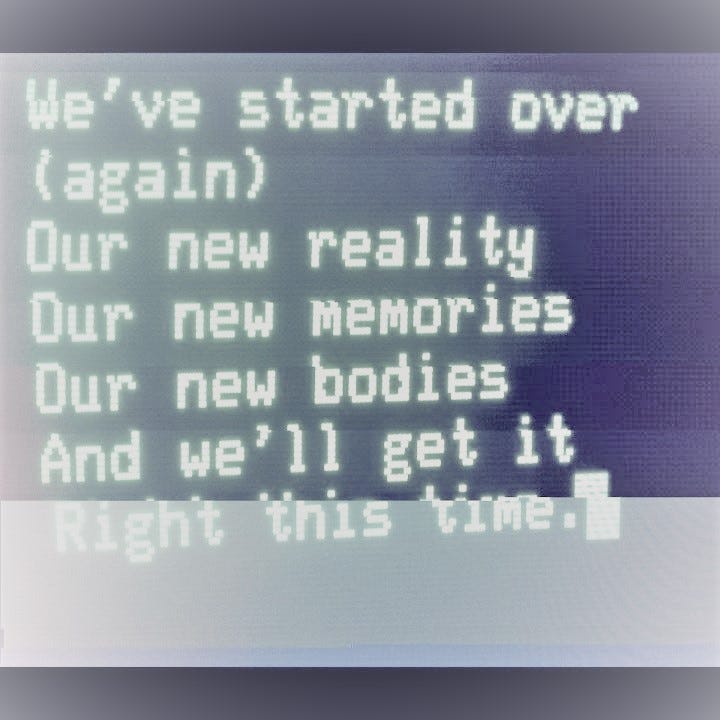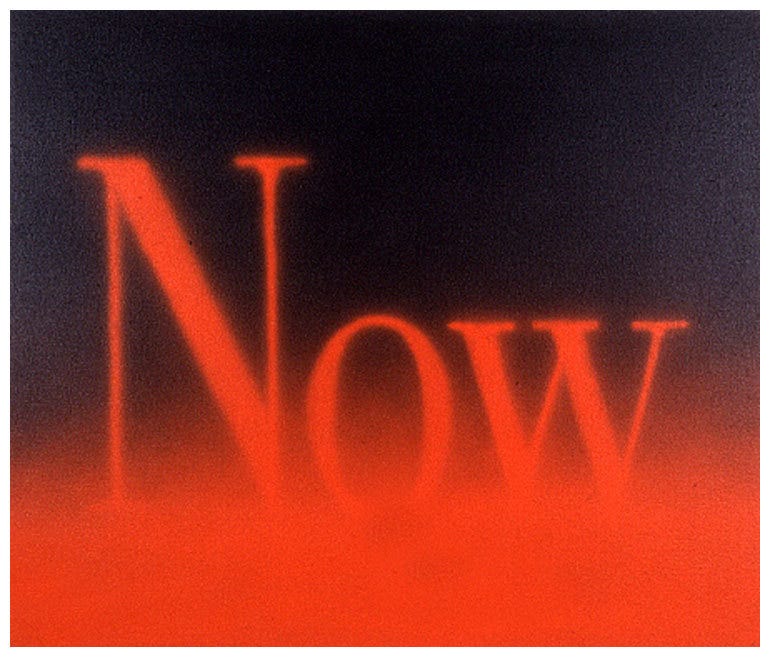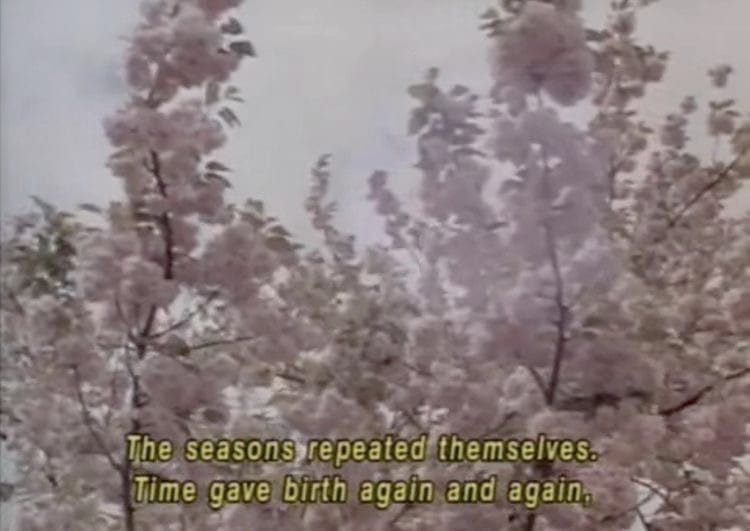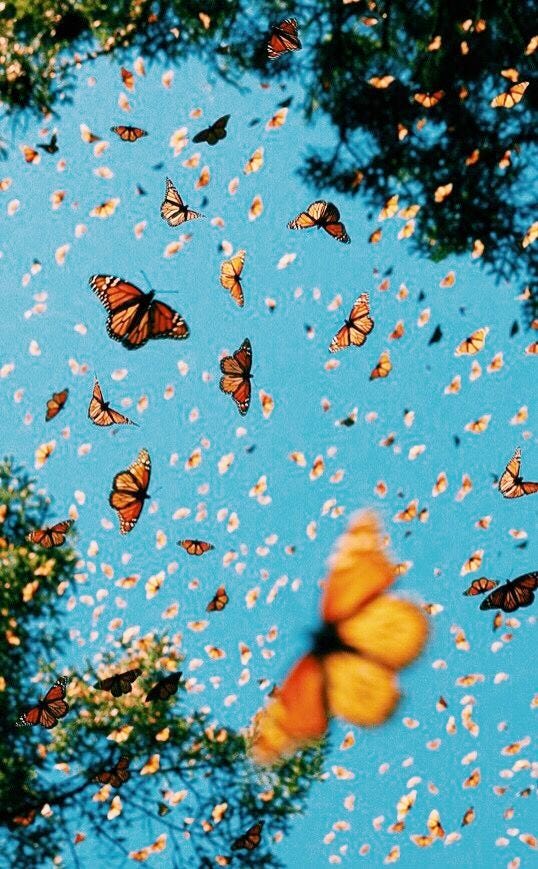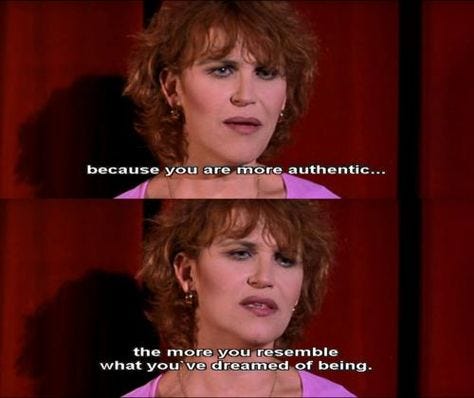“In all chaos there is a cosmos, in all disorder a secret order.”
― Carl Jung
The verb κοσμεῖν (κοσμεῖν) meant generally "to dispose, prepare", but especially "to order and arrange (troops for battle), to set (an army) in array"; also "to establish (a government or regime)", "to adorn, dress" (especially of women). Thus kosmos meant "ornaments, decoration" (compare kosmokomes "dressing the hair," and cosmetic).
— Greek etymology of cosmos
"The evolution of culture marches with the elimination of ornament from useful objects.”
— Adolf Loos, Ornament and Crime
It’s deep summer in Chicago. From as far back as my memory will stretch, summer sunsets pierce my heart with a painful nostalgia. This leaves me prone to romantic sulking, walking around at dusk listening to saxophone jazz, that kind of thing. It’s intense and uncomfortable and one of my favorite feelings. Everything feels gauzy and saturated and smeared together, the present moment unfolding right now, and at the same time, eternally.
And data is like this too, yeah? Ephemeral and permanent? A collection of present moments, crystallized into webs of time. Forever gesturing at something it cannot fully articulate.
As we look towards the coming seasons of merging knowledge graphs and LLMs, the nature of what constitutes reality, and how that changes over time, will be deeply important. I hope the seeds in this volume blossom over time into useful ideas for you. Press play and enjoy.
The recesses of feeling, the darker, blinder strata of character, are the only places in the world in which we catch real fact in the making.
— William James
He was a user of his own consciousness, but he did not have owner privileges.
— Annalee Newitz, Autonomous
The trouble is that thought and culture are not the sort of thing that can have distinct units. They do not have a granular structure for the same reason that ocean currents do not have one — namely, because they are not stuffs, but patterns.
— Mary Midgley, Myths We Live By
Reality bubbles and foams, stories surf the current of meaning, we catch them in nets. They are not the ocean, they come from the ocean. We cannot catch the ocean.
The red beast
who lives in the side of these hills
won’t come out for anything you have:
money or music. Still, there are moments
heavy with light and good luck. Walk
quietly under these tangled vines
and pay attention, and one morning
something will explode underfoot
like a branch of fire; one afternoon
something will flow down the hill
in plain view, a muscled sleeve the color
of all October! And forgetting
everything you will leap to name it
as though for the first time, your lit blood
rushing not to a word but a sound
small-boned, thin-faced, in a hurry,
lively as the dark thorns of the wild grapes
on the unsuspecting tongue!
The fox! The fox!— Mary Oliver, “Tasting the Wild Grapes”, American Primitive
Science is what we understand well enough to explain to a computer, Art is all the rest.
— Donald Knuth
Data is a ripple in a mirror.
Data is a spiral of seeds.
Data is bottled time.
Cynicism is not a neutral position — and although it asks almost nothing of us, it is highly infectious and unbelievably destructive. In my view, it is the most common and easy of evils. Unlike cynicism, hopefulness is hard-earned, makes demands upon us, and can often feel like the most indefensible and lonely place on Earth. Hopefulness is not a neutral position either. It is adversarial. It is the warrior emotion that can lay waste to cynicism.
— Nick Cave
A time machine operator's manual.
You read something which you thought only happened to you, and you discover that it happened 100 years ago to Dostoyevsky. This is a very great liberation for the suffering, struggling person, who always thinks that he is alone. This is why art is important. Art would not be important if life were not important, and life is important.
— James Baldwin, Conversations with James Baldwin
that’s it for this one, thanks for your time.
with boundless love,
winnie





